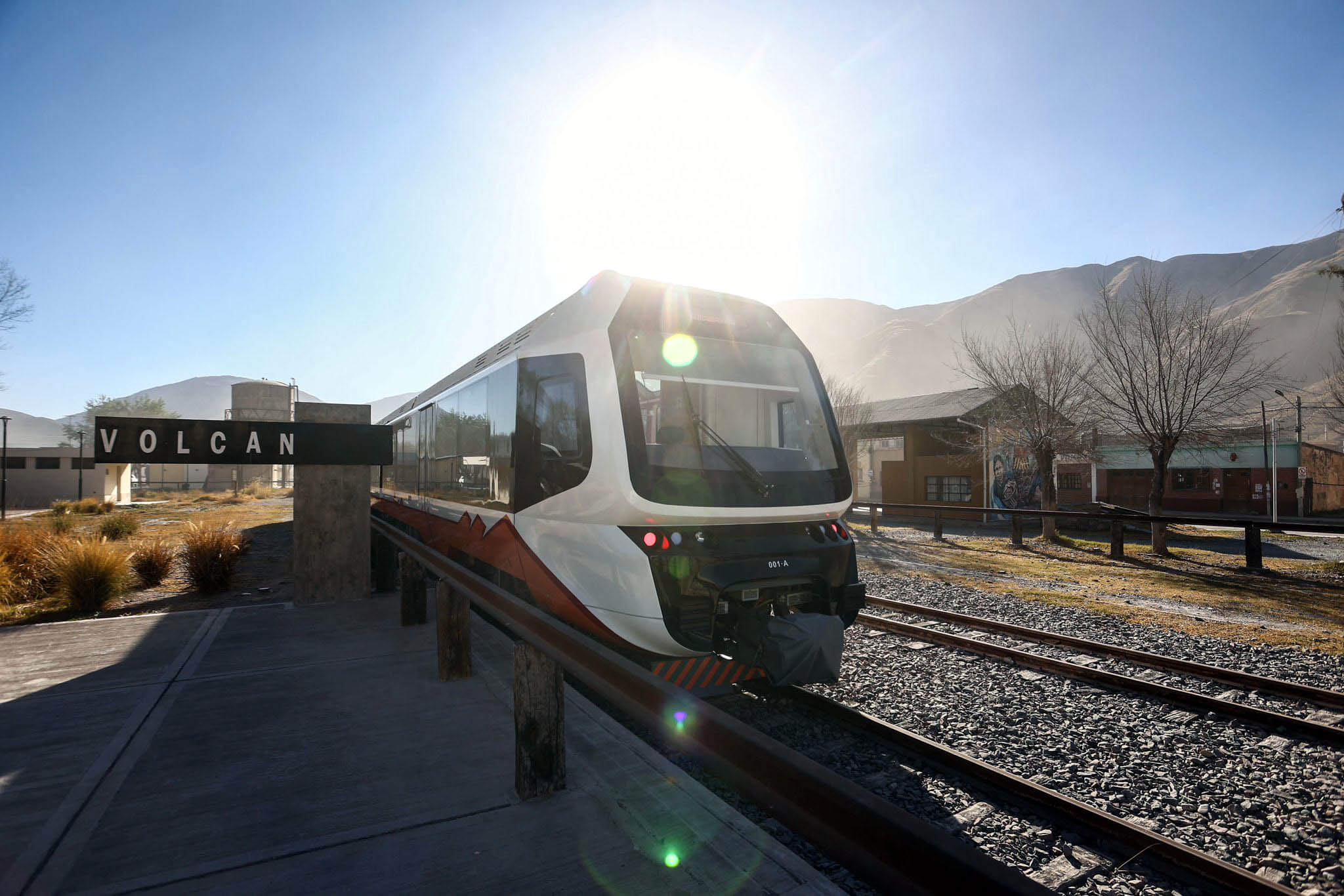Argentina and China: Between National Ambiguity and Provincial Pragmatism
Photo: Wikimedia Commons.
While the Argentine government maintains an ambiguous relationship with China, the provinces have strengthened their ties with the Asian country, driven by opportunities in investment, infrastructure, and trade. However, this approach faces challenges such as the professionalization of provincial diplomacy and disparities in negotiating power with China.
During his campaign, President Javier Milei rejected the possibility of maintaining relations with China, aligning himself with an anti-communist rhetoric. However, once in office, he adopted a more pragmatic approach. In June 2024, China renewed a currency swap line with Argentina, allowing the postponement of a $5 billion debt repayment. Subsequently, Milei acknowledged China as a relevant trade partner and, in November 2024, held a bilateral meeting with Xi Jinping at the G20 summit.
Despite this rapprochement, Milei’s close relationship with former U.S. President Donald Trump casts uncertainty over the future of strategic agreements with China, such as the construction of a nuclear power plant with Chinese technology, the Chinese aerospace base in Neuquén, or Huawei’s potential entry into Argentina’s 5G network.
Provinces have solidified economic ties with China, independent of shifts in the national government. According to researcher Stella Maris Juste (CONICET), this relationship is built on complementary interests: while China seeks access to key natural resources and renewable energy, provinces need investment and infrastructure development.
Jujuy stands out as a prime example, hosting projects such as the Cauchari solar park, financed by China, and a lithium plant controlled by Ganfeng Lithium. Additionally, the province has established agreements with the technology firm ZTE to enhance security and digital connectivity.
Lithium plays a central role in the bilateral relationship. Provinces such as Salta and Catamarca have deepened their cooperation with China in lithium extraction, with companies like Ganfeng, Zijin Mining, and Tibet Summit Resources investing in various projects. In the energy sector, China is financing solar plants in Catamarca and photovoltaic parks in San Juan, reinforcing its presence in Argentina’s energy landscape.
Despite the provinces’ dynamism, obstacles remain. Former Argentine Ambassador to China Diego Guelar warns that many provincial delegations lack the necessary preparation for negotiating with China, making it difficult to finalize projects. Additionally, in many cases, sovereign guarantees from the national government are required, adding complexity to agreements.
From a structural perspective, Juste notes that subnational relations with China deepen asymmetries to Argentina’s disadvantage, reflected in trade deficits, financial dependence, and an economy focused on exporting low-value-added raw materials.
In summary, while the national government oscillates between caution and pragmatism, Argentine provinces have built a solid relationship with China. However, this engagement faces structural challenges that could affect its long-term sustainability.
Main Source:
Las provincias argentinas intensifican sus relaciones con China – Dialogue Earth
Related News:
Argentina and China Boost Energy Transition in Catamarca
Argentina Modernizes Its Railway System with Chinese Investment
Argentina and China Agree on New Agricultural Export Protocols
You may be interested in:
Las provincias argentinas intensifican sus relaciones con China – El Diario AR

